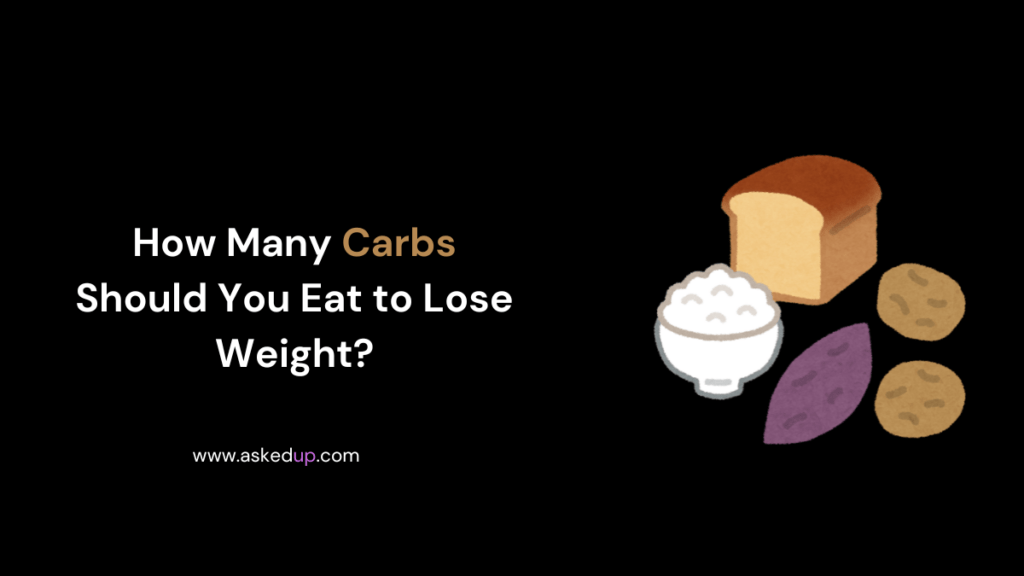Cutting carbs can undoubtedly help with weight loss. However, finding the right carb intake for your body and goals may require some experimentation. This article explores how many carbs you should consume to facilitate weight loss very effectively.
Understanding Carbs and Their Role
Carbohydrates are one of the three primary macronutrients found in food, alongside protein and fat. They provide energy for the body and brain. Not all carbs are created equal, though. Simple carbs, like those found in sugary foods and beverages, lack nutrients and can lead to blood sugar spikes. Complex carbs from whole grains, fruits, and veggies offer more fiber and nutrients.
The Importance of Calories
At the end of the day, weight loss boils down to creating a calorie deficit. To lose weight, you must burn more calories than you consume. While reducing carb intake can help achieve this deficit, the total number of calories you eat is the most critical factor.
Low-Carb Diets for Weight Loss
Many popular diets, such as the ketogenic diet and Atkins diet, advocate for very low carb intake to induce a metabolic state called ketosis. This state can promote weight loss by forcing the body to burn fat for fuel. However, extremely low-carb diets may not be sustainable or suitable for everyone in the long run.
Finding Your Sweet Spot
Rather than cutting carbs drastically, a more moderate approach may be more practical and effective for long-term weight loss. Experts generally recommend consuming between 100-150 grams of carbs per day for weight loss. This range allows for enough carbs to fuel your body while still creating a calorie deficit.
Factors to Consider
The ideal carb intake for weight loss can vary based on several factors, including:
- Activity Level
If you exercise regularly or have an active lifestyle, you may require more carbs to support your energy needs. - Body Composition Goals
If you aim to build or maintain muscle mass, a higher carb intake may be necessary. - Personal Preferences
Some people feel more satisfied and energized with a higher or lower carb intake. - Medical Conditions
Certain health conditions, such as diabetes, may require specific carb recommendations.
Tips for Successful Carb Management
- Fill Up on Fiber-Rich Carbs
Focus on nutrient-dense carb sources like vegetables, fruits, whole grains, and legumes. These provide fiber, which can help keep you feeling full and satisfied. - Portion Control
Even with healthy carb sources, portion sizes matter. Use measuring cups or a food scale to ensure you’re staying within your desired carb range. - Balance with Protein and Healthy Fats
Pair carbs with lean protein and healthy fats to promote satiety and blood sugar stability. - Stay Hydrated
Drinking plenty of water can help curb cravings and prevent mistaking thirst for hunger. - Monitor Your Progress
Track your weight, body measurements, and energy levels to determine if your carb intake needs adjustment.
Discover: Is Salt Bad For Cholesterol?
The Bottom Line
While there’s no one-size-fits-all approach, aiming for 100-150 grams of carbs per day can be a reasonable starting point for weight loss. However, the key is finding the right balance that works for your body, lifestyle, and preferences. Experiment mindfully, listen to your body’s signals, and make adjustments as needed for sustainable and healthy weight management.


